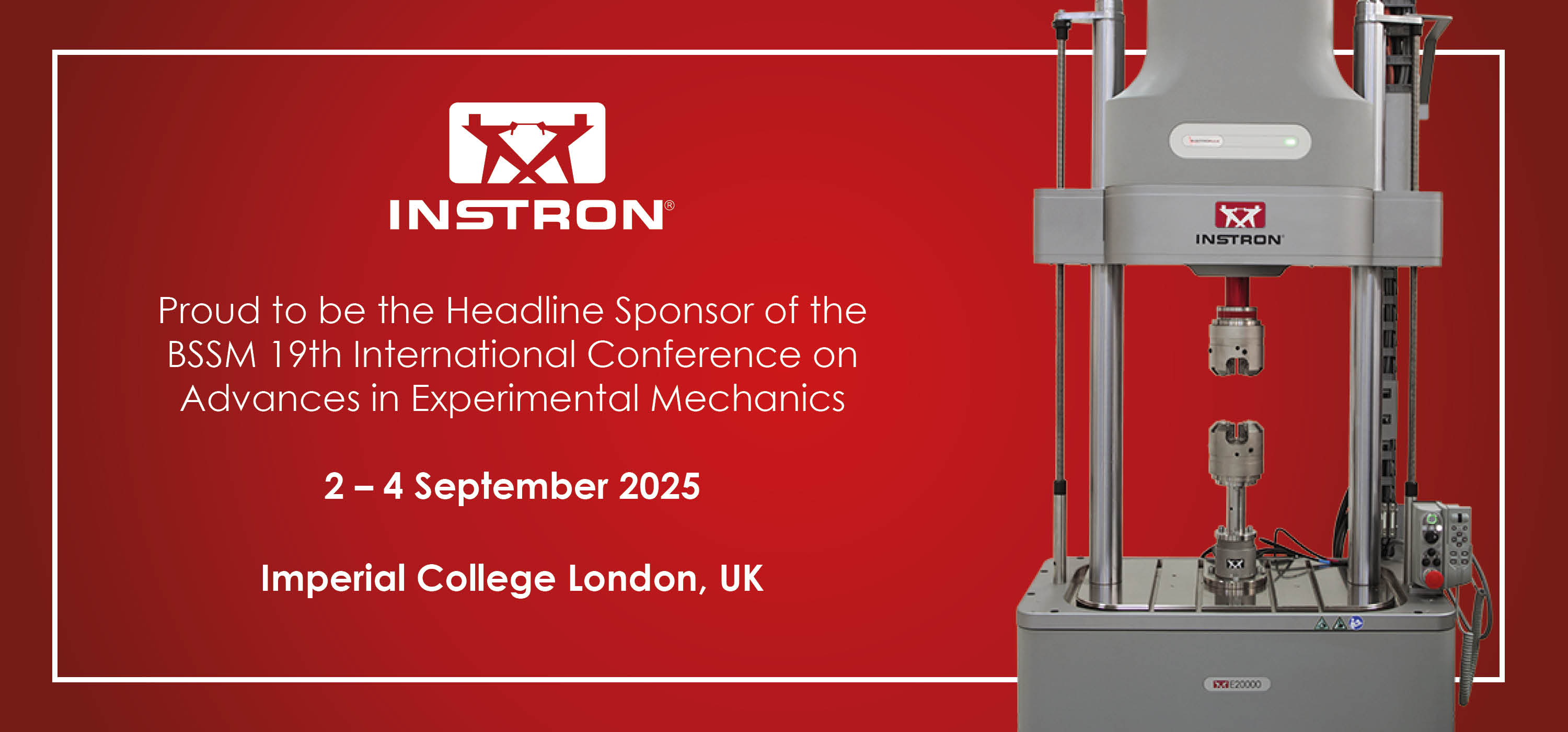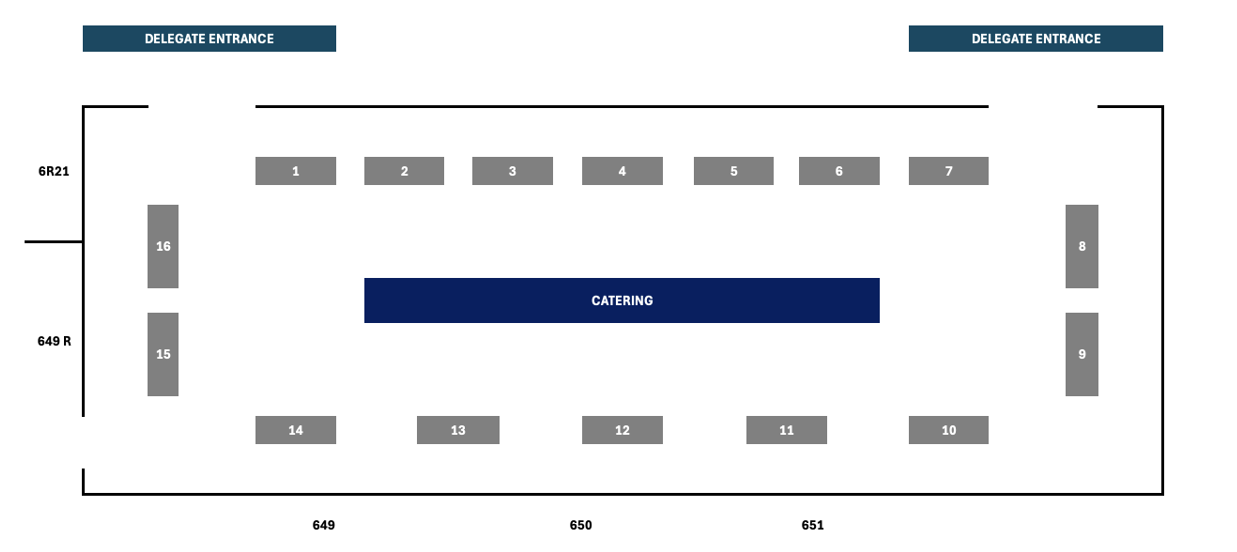Delegate Information
Welcome and Introduction
Welcome to Imperial College London and the BSSM’s 19th International Conference on Advances in Experimental Mechanics.
It's a pleasure to welcome you to London for the conference. The BSSM sits at the interface between industry, academia and the wider engineering community and promotes their interaction to ensure the wide dissemination of new ideas and best practice in the field of engineering measurement. Meeting in person to discuss science, engineering and technology is an important part of this.
This conference focuses on research which advances experimental techniques across the very widest range of applications in mechanics, including stress, strain and vibration analysis.
In addition to the main conference, this year's event includes all the 'traditional extras', including the BSSM Measurements Lecture, the annual BSSM EMex exhibition of experimental mechanics and the BSSM Young Stress Analyst Competition.
We are looking forward to a technically excellent conference and we are very grateful to the authors for their efforts in producing their contributions to the programme.
We hope you enjoy the conference and its many events, all of which are described below. If you require any assistance during the conference, please do not hesitate to contact the Conference main desk for help.
Please take the time to explore London.
Professor Catrin Davies
Conference Chair
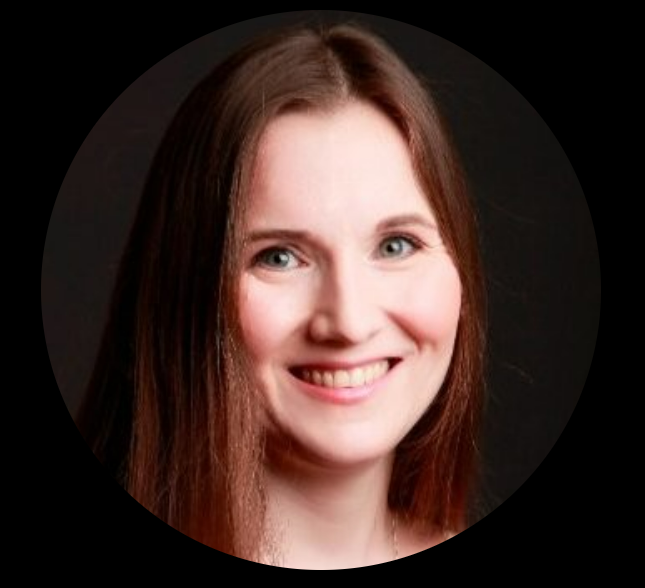
Professor Catrin Mair Davies
Professor in Structural Integrity at Imperial College London
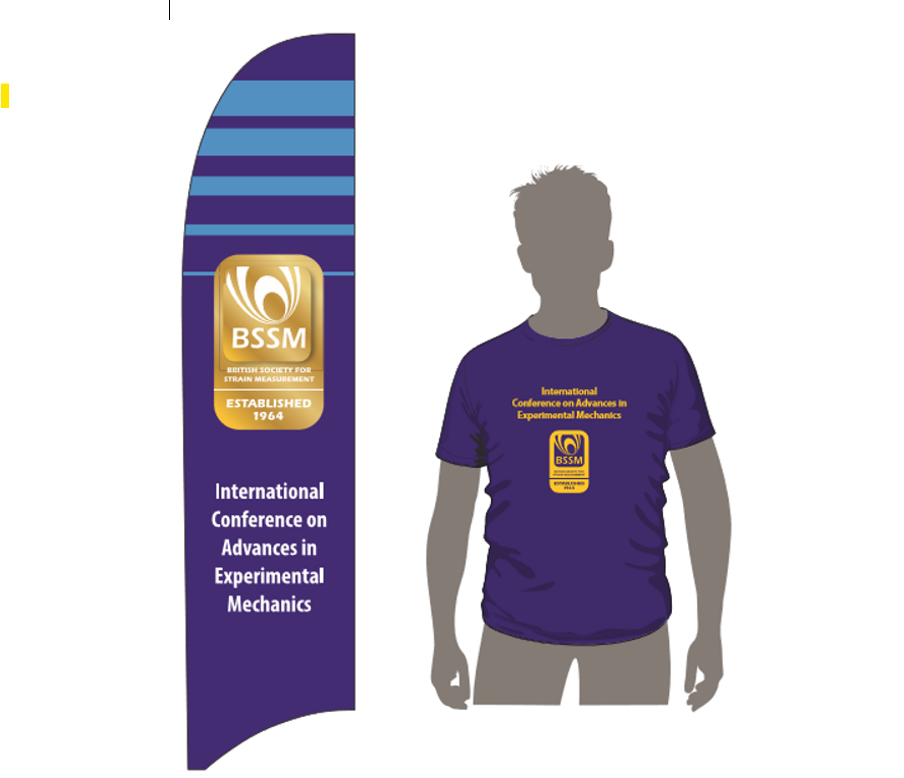
Look out for the BSSM flags at the entrance.
Throughout the conference there is an Event Support Team on duty to help you. Please look for the distinctive blue tee shirts.
Photographer on site: Please be aware that throughout the event we will be taking photographs to use on the BSSM Social Media accounts and our website. If you do not consent to this, please let us know. Thank you.
Delegate and Visitor Information
The Conference Meeting Rooms
Lecture theatres LT300 & LT309 on level 3 City & Guilds building and Skemp LT201 in Skempton building.
Refreshments and EMex 25 Exhibition
Rooms 649-652 on level 6 City & Guilds.
Delegates will be served lunch and refreshments throughout each day of the conference
Travel and Venue Information
Plan your journey, including travel from airports and public transport
Tourist and Visitor Information
Campus Information
Imperial College London
South Kensington Campus
London SW7 2AZ, UK
Delegate Accommodation
Delegates can book Campus Accommodation at Imperial College London. To book your room email vacenquiries@imperial.ac.uk, quoting the booking code BSSM010925 to secure rooms at the following rates:
Single Room: £109 per night
Double Room: £119 per night
Twin Room: £129 per night
These prices include breakfast and VAT.
To confirm a booking, pre-payment will be required. Please note that once confirmed, bookings will be non-refundable. Rooms are available for 1 September 2025 to 4 September 2025, with some dates available two days before (30 to 31 August 2025) and two days after (5 to 6 September 2025), subject to availability.
It is recommended that you book as soon as possible as rooms are subject to availability.
Delegates can also book rooms at the Millennium Hotel and Conference Centre Gloucester London
4-18 Harrington Gardens, South Kensington, London SW7 4LH
For a 15% discount delegates can use the code 'EVENTACCOM' to book accommodation at www.millenniumhotels.com
Additional Hotel Accommodation
Information for Presenters
Imperial College London will be operating Windows 7 and 10 and MS Office. If you intend to use animations, please ensure you bring the movie files with you. You should bring your presentation on a USB stick at least 15 minutes prior to the start of your session and upload onto the computer in the room where you will present into the folder for your session. Please check the programme for this information.
There is no support for Macs. Should speakers wish to use their own Mac this is possible, however, they will need to supply all relevant adaptors. You may wish to use your own laptop – if this is the case you should attend in advance to check that your laptop and presentation will work.
Wi-Fi Instructions
Wi-Fi cloud – guests can access the Cloud service without registering for a guest account.
Programme
Programme as pdf
Link to abstracts
Plenary Sessions
Measurements Lecture
Professor Philippa Reed, Professor of Structural Materials, University of Southampton
Characterising fatigue crack deformation zones: effects of microstructure, environment and stress state on strain accumulation
Plenary Lectures
Dr Fred Cegla, NDE group, Mechanical Engineering Department, Imperial College London
Non-destructive ultrasonic monitoring of stress, strain, temperature and material properties
Ultrasound is one of the key non-destructive measurement modalities that is used to interrogate the inside of opaque media. The most common use of ultrasound is to measure material and geometric properties such as stiffness and thickness, as for example in corrosion mapping. This is widespread and has been successfully applied in industrial applications for many years. Less well known is the sensitivity of ultrasound to temperature and strain. These are usually confounding factors that produces errors in geometric and material property measurements. However, with careful experimentation and additional measurements using e.g. different wave polarisations, the ultrasound can be used itself to measure temperature, temperature gradients and load/strain. This talk will give an overview of how different ultrasonic measurement setups can be configured to non-destructively measure temperature and load/strain in metals.
Dr Calvin M. Stewart, Department of Aerospace and Mechanical Engineering and Department of Materials Science and Engineering, Ohio State University
Materials at Extremes
Materials are being asked to perform at “extremes” where increased inlet pressures and temperatures in aero gas turbines, the rise of hypersonic flight, and new Generation IV fission and ITER Fusion reactor concepts push the limits of what materials are capable of. There is a need to develop advanced manufacturing (AM) techniques to discover new materials and fabricate components, and geometries not possible with conventional techniques. To keep pace with AM, advanced testing methods must be developed to accelerate the qualification of these materials and structures. Finally, advanced theoretical models must be derived that describe the fundamental relationships between chemistry, processing, structure, and performance at extremes.
Materials at Extremes (MATX) focuses on the advanced manufacturing, mechanical testing, and theoretical mechanics of materials subject to thermal, mechanical, and chemical extremes. In this seminar, we will review the ongoing and future research in MATX, and conduct a deep dive into accelerated, parallelized, and miniaturized testing methods for new materials qualification and machine learning for new materials discovery.
Speaker Biography
Young Stress Analyst Competition
The BSSM Young Stress Analyst (YSA) competition is an annual competition that is intended to encourage and reward young practitioners in the field of experimental mechanics.
2025 YSA finalists to be announced
EMex25
The BSSM's Exhibition of Experimental Mechanics is the premier UK exhibition for manufacturers and suppliers of strain measurement and stress analysis equipment and will take place over two days on the 2 and 3 September 2025
More about EMex25
Registered Exhibitors
Alemnis
Correlated Solutions
Dantec Dynamics
Delta XD
Instron
ISIS Neutron and Muon Source
LAVision
MatchID
Photron
Severn Thermal Solutions
Specialised Imaging
SinceVision
Techni Measure
Vishay Measurements Group
Vision Research
X-Sight
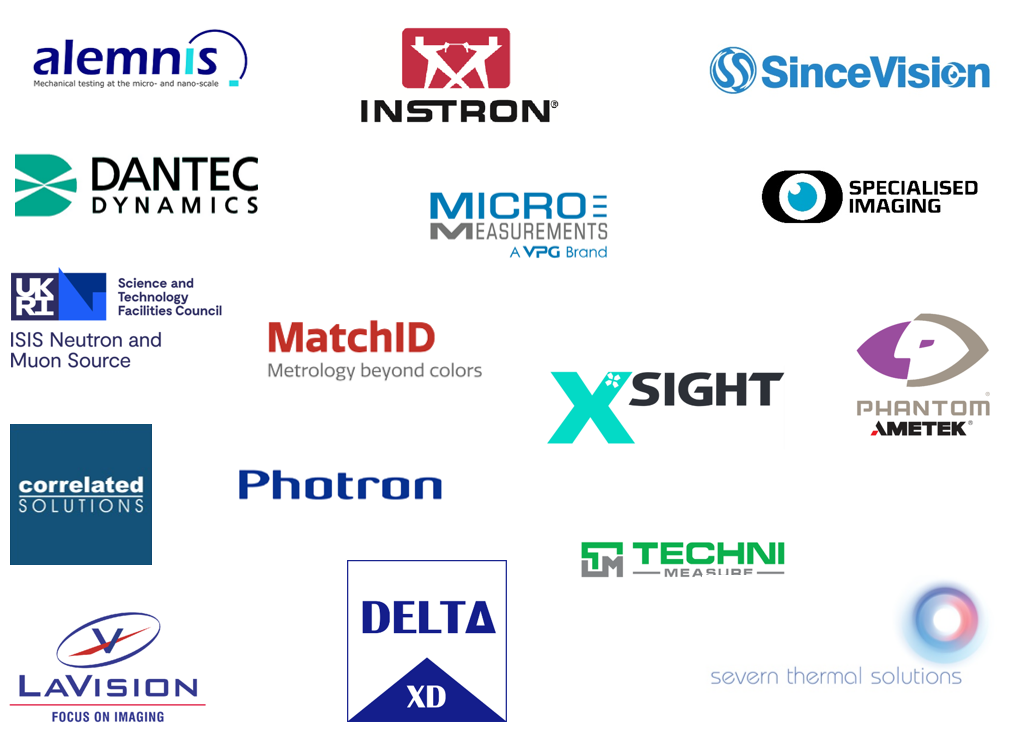
Social Programme
Conference Reception
Tuesday 2 September 2025
Eastside Bar, Imperial College, London SW7 2AZ
Conference Dinner
Wednesday 3 September 2025
Millennium Hotel and Conference Centre Gloucester London
4-18 Harrington Gardens, South Kensington, London SW7 4LH
Conference Website
https://www.bssm.org/events/conference/19th-conference-imperial-london/
Strain Best Paper Award
Each year the BSSM sponsor a prize for the best paper in Strain supported by the generosity of Fylde Electronics. A shortlist of papers is created by the Editor and Associate Editors based on referees’ comments on the papers which is then passed onto a panel of experts selected from the Editorial Board
Winner of the Fylde Strain best paper award 2024
to be announced
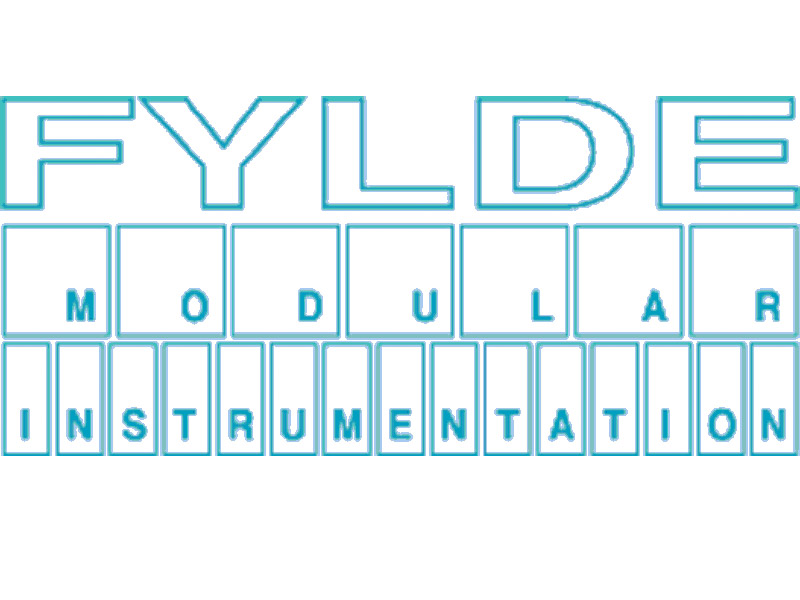

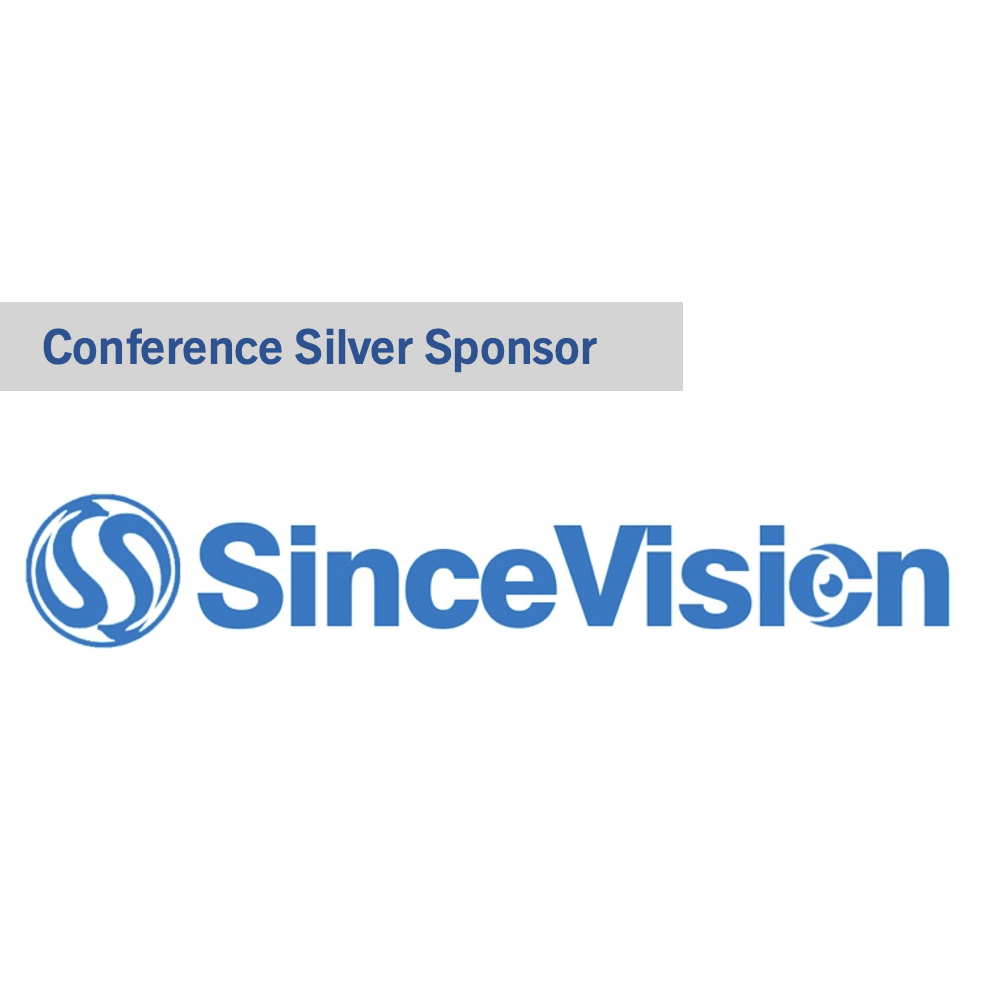
Conference Highlights
